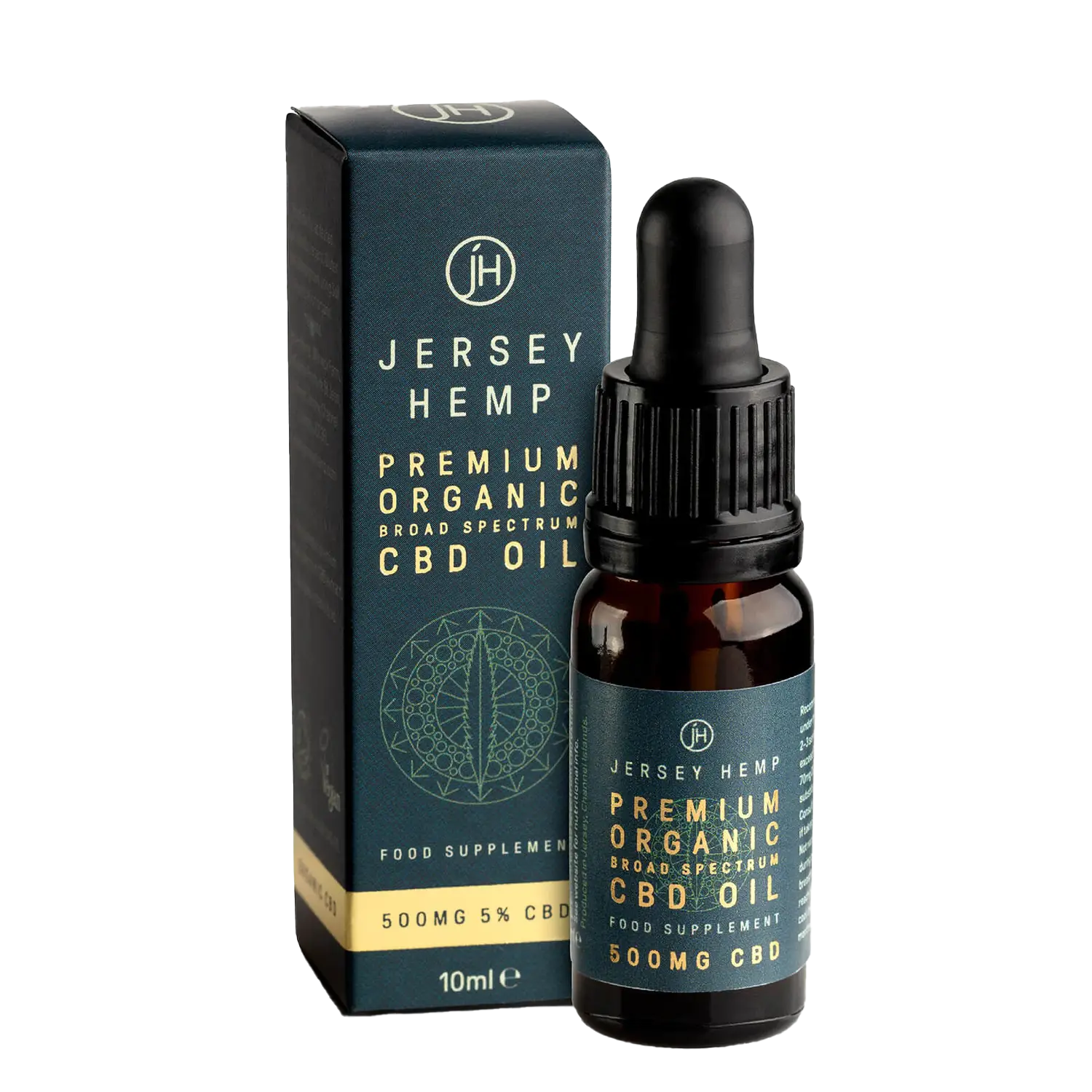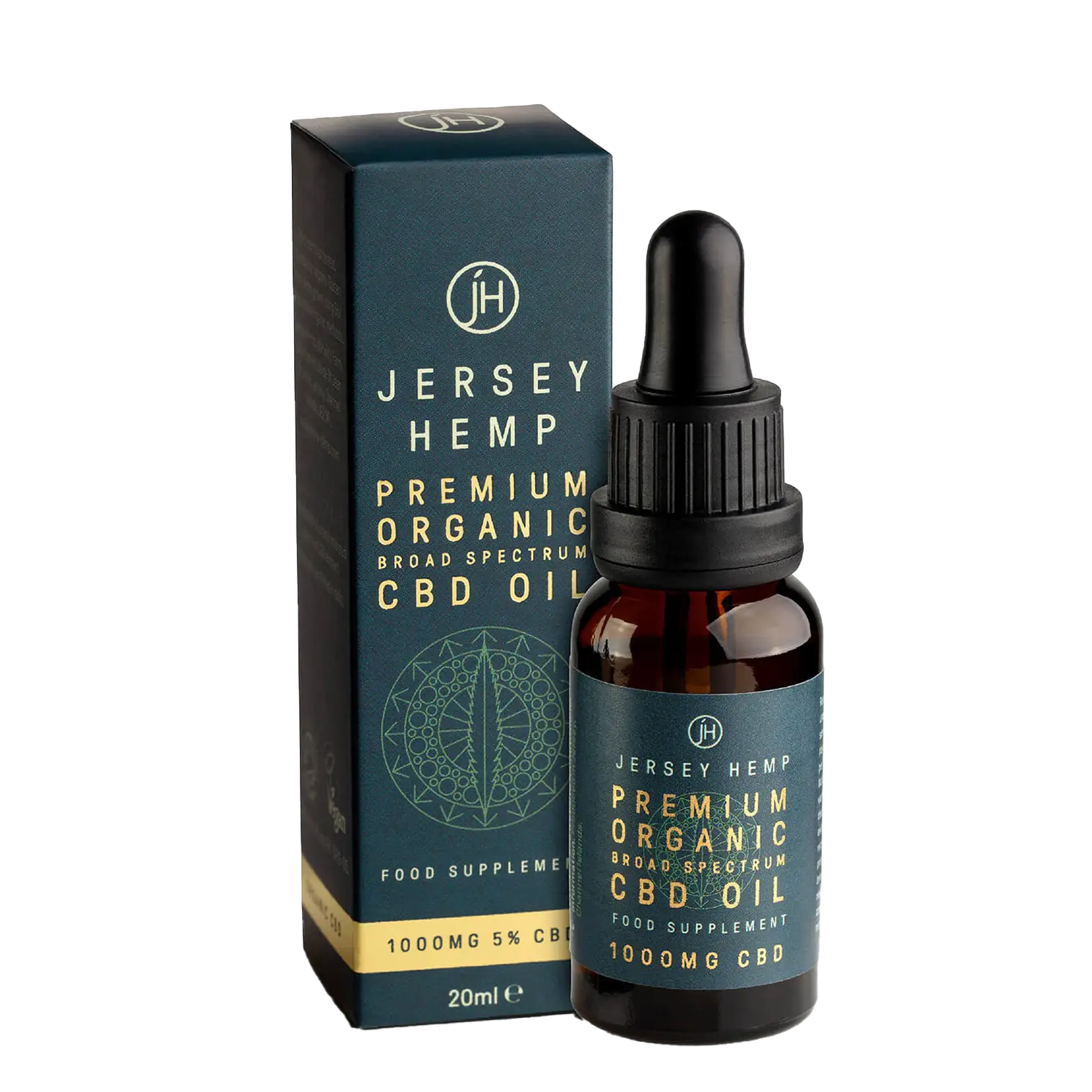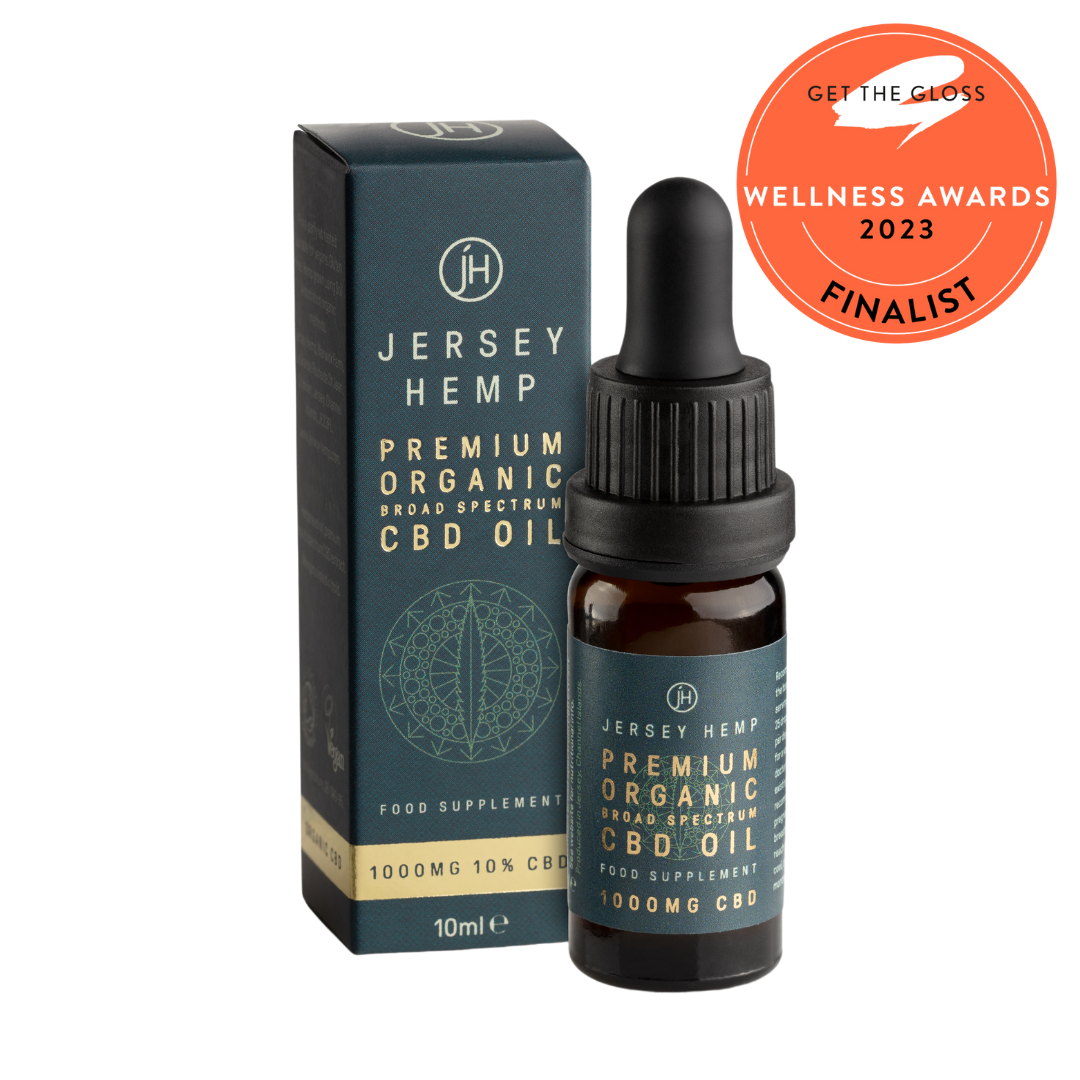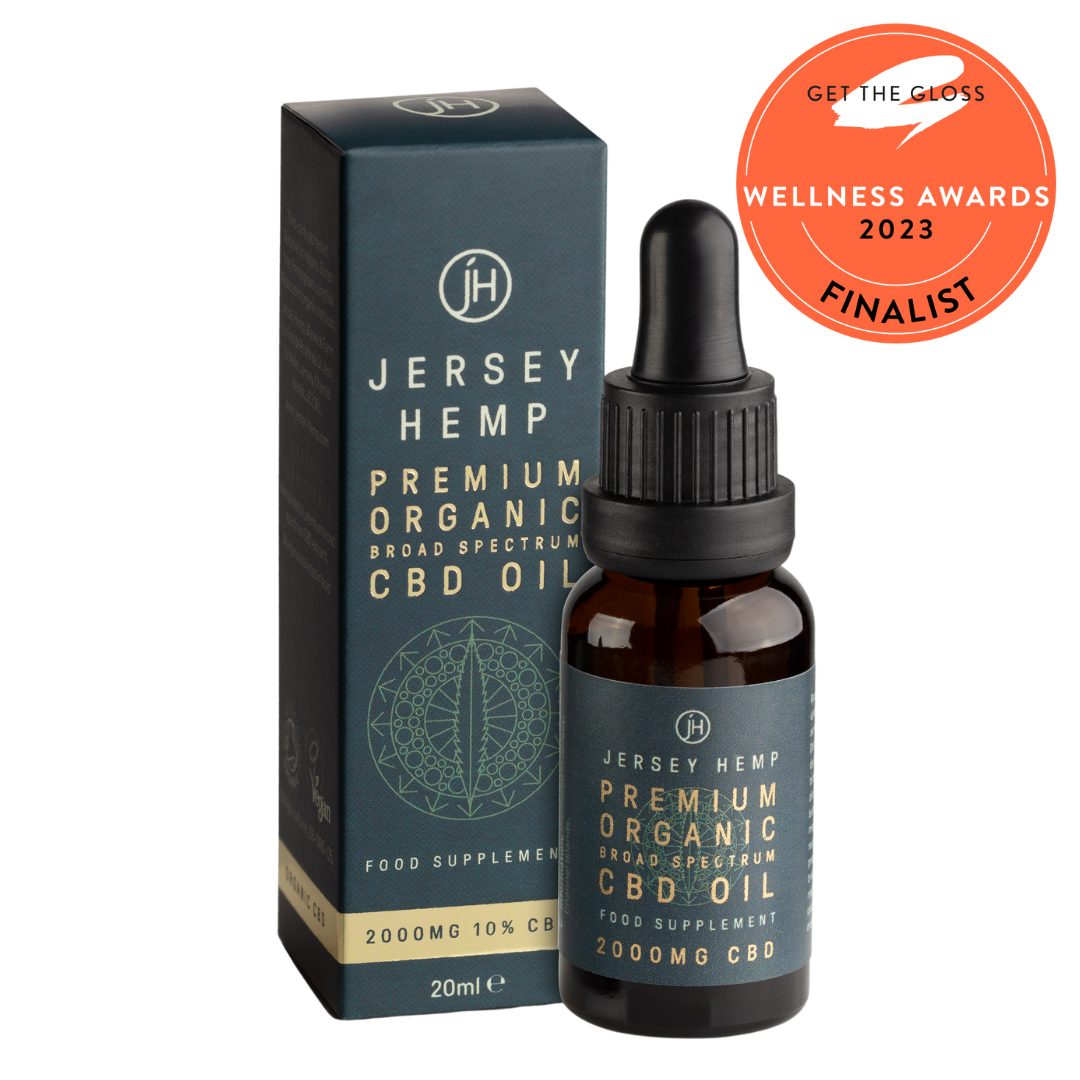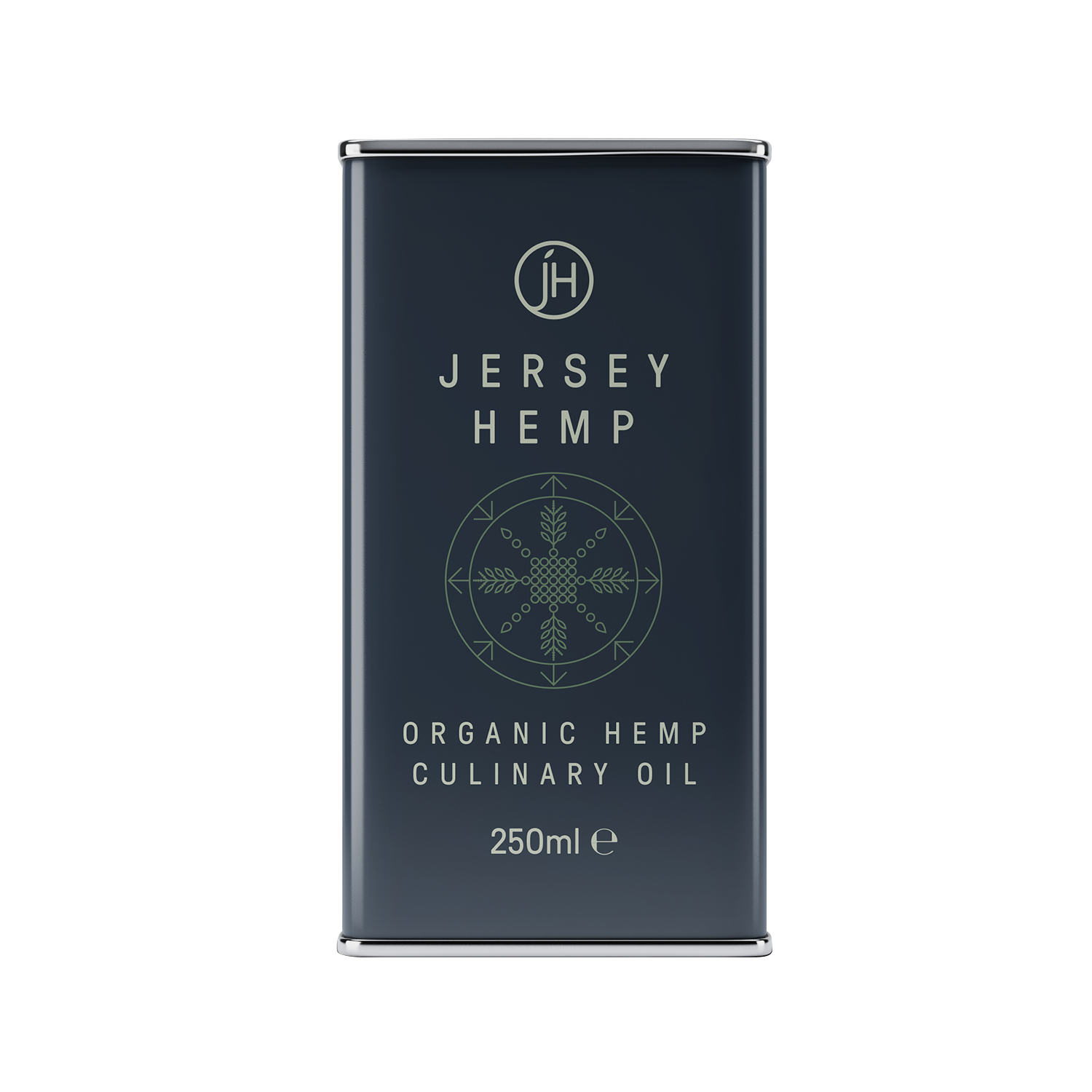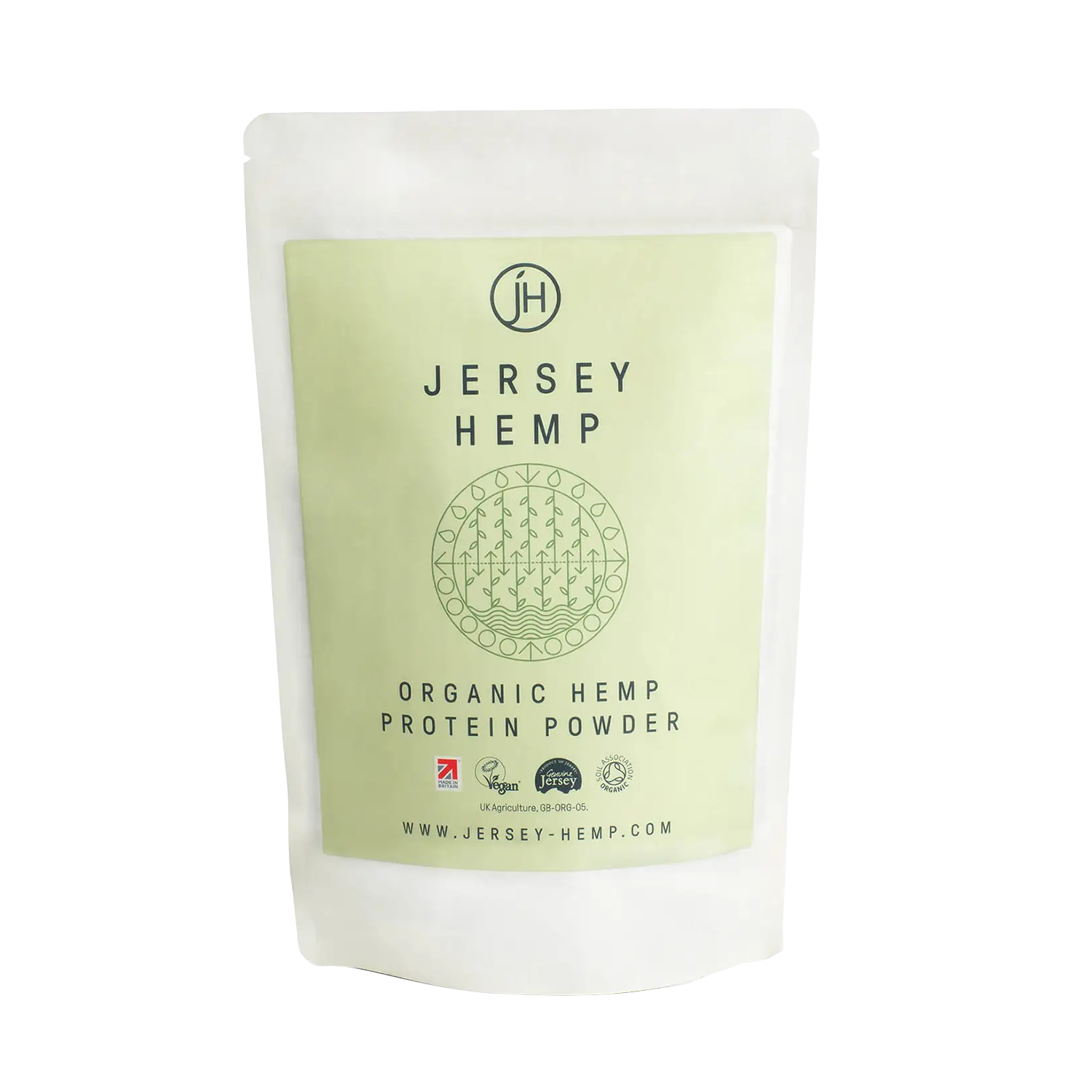Is CBD oil safe?
CBD – short for cannabidiol – is an extract of the cannabis sativa plant that’s becoming increasingly popular as a natural wellness remedy. There’s even scientific research suggesting it could have therapeutic benefits for a range of health conditions.
Sold as bottled CBD oils, edible gummies, capsules, vaping liquids and topical creams and cosmetics, CBD is legal and doesn’t produce the high associated with the psychoactive cannabis compound THC.
Nevertheless, given its origins, you may be wondering whether there any safety concerns around CBD use. Here, we’ll look at what international bodies have to say about the safety of CBD, as well as issues such as side-effects, drug interactions and the possibility of addiction or overdose.
General Safety of CBD
In most circumstances, CBD is considered safe to consume. A 2017 report by the World Health Organization concluded that CBD has “a good safety profile” and poses no discernible risk to public health.
A 2020 ruling by the Court of Justice of the European Union backed this up, saying CBD “does not appear to have any psychotropic effect or any harmful effect on human health”.
Clinicians studying CBD for its therapeutic potential generally refer to it as ‘well tolerated’, meaning it is rare for a subject to drop out of a trial due to adverse effects. In fact, one of the attractions of CBD to both general users and to researchers is its low level of side-effects when compared with many traditional pharmacological treatments.
CBD products are not allowed to make medical claims but there are some drugs available by specialist prescription that use CBD as an active ingredient. Epidyolex (spelt Epidiolex in the US) is made from CBD and is used to treat rare forms of early-onset epilepsy. Sativex (also known as nabiximols) contains a combination of CBD and THC and can help with some symptoms of multiple sclerosis.
While there are currently no indications of significant health problems arising from taking CBD itself, the same can’t be said for vaping, which is a popular way of consuming CBD.
Vaping is the inhalation of vapours from so-called e-liquids via an electronic device or e-cigarette that heats them. Some instances of lung disease have been linked to vaping and the US Centers for Disease Control and Prevention says there are “serious risks” associated with it.
If you do decide to try CBD, it’s therefore advisable to choose a method other than vaping.
CBD Side-Effects
Although CBD is recognised for having only low level side-effects, a minority of users do experience some of the following:
- Dry mouth
- Tiredness/fatigue
- Diarrhoea
- Appetite changes
- Mood changes
- Nausea
The frequency with which side-effects are observed varies from study to study. One large-scale survey found that a third of users reported a "non-serious side-effect", with the most common being dry mouth, seen in 11% of respondents. A review of multiple studies concluded that tiredness, diarrhea and changes of appetite/weight were most common but found that some studies recorded no adverse effects at all.
Other sources suggest nausea and irritability can occasionally result from taking CBD.
While none of these side-effects would generally be considered dangerous in themselves, it’s important not to drive or operate machinery if you are feeling drowsy or tired.
CBD Drug Interactions
One important thing to be aware of if you are considering taking CBD is that it can interact in a potentially dangerous way with a range of medications.
This is because CBD inhibits certain enzymes responsible for the breakdown of drugs in the body. If a drug is metabolised more slowly than normal, it can build to unsafe levels in a patient’s system and accentuate any side-effects of the medication they are taking.
Therefore, you should not take CBD with any medication without consulting your doctor.
Drugs that Carry Grapefruit Warnings
One of the enzymes that CBD interacts with is also inhibited by the ingestion of grapefruit and other related citrus fruits, including Seville oranges, tangelos and pomelos. Some drugs carry ‘grapefruit warnings’ about these interactions. You should therefore not use CBD if you are taking a drug that comes with a grapefruit warning without first talking to your doctor.
According to the NHS, examples of drugs that carry grapefruit warnings include some – but not necessarily all – of the following:
- Statins, used to manage cholesterol levels
- Calcium channel blockers for high blood pressure
- Immunosuppressants such as ciclosporin
- Entocort (budesonide) used to treat Crohn’s disease
- Cytotoxic cancer medicines
The US Food and Drugs Administration also says that some of the following should not be taken with grapefruit:
- Anti-anxiety drugs including Buspar (buspirone)
- Anti-arrhythmia drugs including Pacerone and Nexterone
- Antihistamines containing fexofenadine, such as Allegra
Other drugs may also carry a grapefruit warning.
CBD Can Also Interact With Other Drugs
CBD does not only interact with the same enzyme as grapefruit. It also inhibits enzymes that metabolise drugs that don't have grapefruit warnings, for example the statin Fluvastatin. And more new drugs are arriving on the market all the time.
Therefore, if you are on any medication or supplements, you should not take CBD without consulting your doctor.
Can You Overdose on CBD?
The safest way to find the right dose of CBD for you is to start small and gradually work your way up, taking note of any negative side-effects until you reach your optimum level.
However, clinical studies have treated patients with very large amounts of CBD – up to 1500mg per day over a four-week period – with no adverse effects noted. That is not to say that you should consider taking anything like as much CBD as that – the UK’s Food Standards Agency recommends as a precaution that healthy adults do not take more than 70mg per day – but it does suggest that overdosing with sudden catastrophic effects is unlikely.
Is CBD Addictive?
The World Health Organization said in its 2017 report on CBD that “In humans, CBD exhibits no effects indicative of any abuse or dependence potential,” adding “to date, there is no evidence of recreational use of CBD or any public health related problems associated with the use of pure CBD”.
In fact, several studies have presented early evidence that CBD may actually help tackle addiction to other substances.
A review examining CBD’s potential as a treatment for psychosis and addiction found that it showed particular promise in the case of cannabis dependency, reducing craving and withdrawal symptoms in almost all studies.
Nevertheless, longer-term studies may be required to show whether CBD really does have the potential to become addictive.
Is it Safe to Use CBD Every Day?
The lack of very long-term studies also means it’s difficult to say for sure what the effects of continuing daily CBD use might be. However, many people do take CBD every day and some clinical studies have given subjects regular doses for as long as a year without reporting negative effects.
A 12-month study into the effectiveness of the drug Sativex – a combination of CBD and THC – found that it remained well tolerated during this period, with 84% of patients reporting no side-effects at all.
MEDICAL DISCLAIMER
The author of this article is not a medical expert and nothing in this article constitutes medical advice or gives rise to a medical practitioner/patient relationship. You should seek specialist medical advice where required. Never disregard professional medical advice or refrain from seeking it because of something you have read here.
